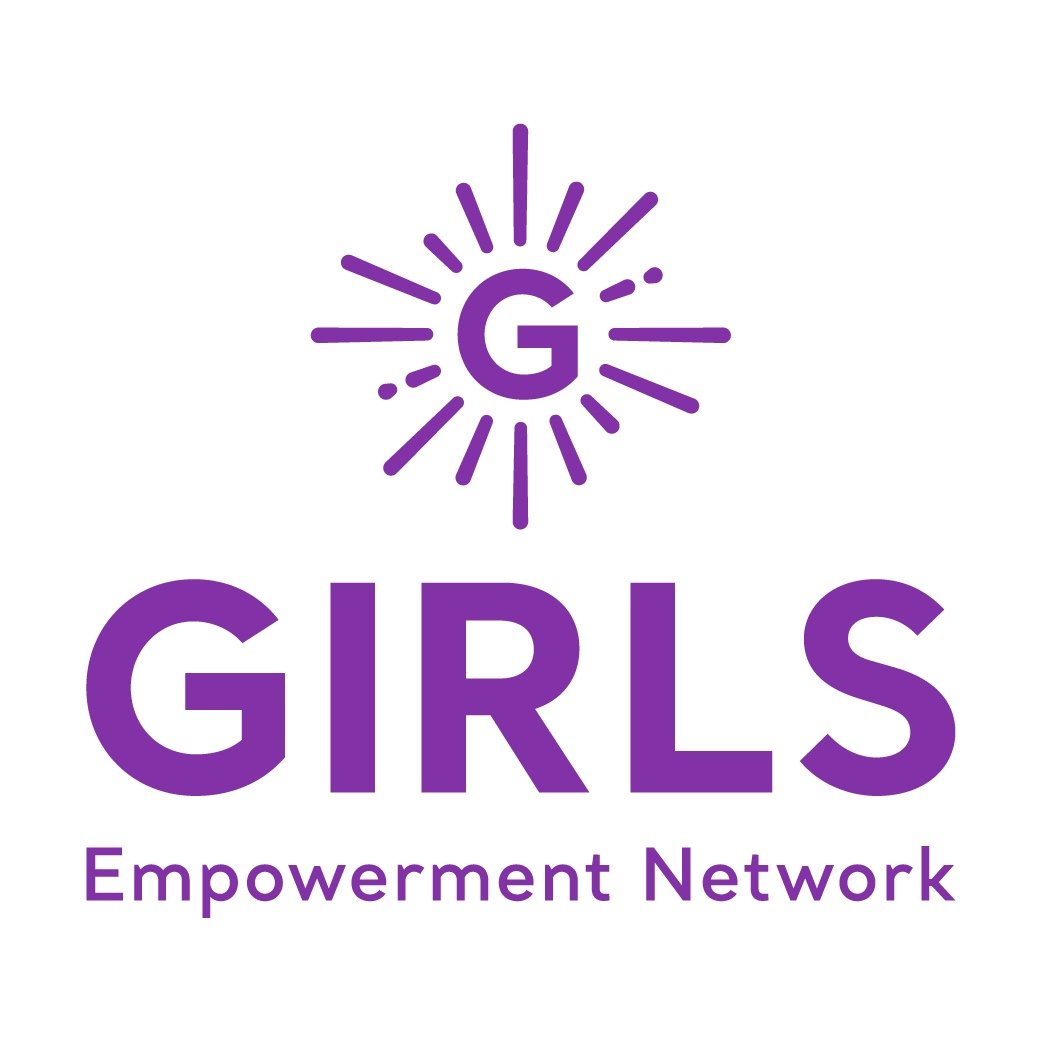Voicing Our Thoughts: Upspeak and Vocal Fry
Everyone’s talking about how people talk. We’re joining the conversation and we’ll voice our thoughts, like, however feels most totally and completely authentic and honest. Women are often mocked for the ways they speak, and upspeak and vocal fry exemplify some of the latest linguistic fixations. These vocal inflections have garnered much media attention, mockery, and criticism – increasingly catalyzing public dialogue since the early 2010s.
Most people are familiar with upspeak and vocal fry, even if not with the terminology. Upspeak (also called uptalk, high rising terminal, high rising intonation (HRI), or rising inflection) occurs when someone speaking a declarative sentence in the English language employs a high rising inflection at the end, like this. Vocal fry (also known as glottal fry, glottal rattle, laryngealisation, creak, croak, and more) is an elongated, low, croaking sound made by some English speakers at the end of words and sentences.
The media commonly characterizes the habits as largely demonstrated by young women and cites celebrities, like Britney Spears, the Kardashians, and portrayals of “Valley Girls,” as popularizing the tendencies. Historically, the tendencies have been conceived of as indicators that users are stupid, ditzy, lazy, and insecure, among other negative associations.
Dr. Penny Eckert, a professor of linguistics at Stanford University and co-author of the book Language And Gender, states in a Fresh Air interview that upspeak has existed a long time, is used by people of all genders, and “the reason that everybody thinks that it sounds tentative is because it’s women who are doing it. And there’s this – I think – this automatic connection between insecurity, which is a female stereotype, and certain kinds of patterns.”
Eckert relays feeling the pressure to sound more secure herself, saying “when I first started teaching in 1973, I lowered the pitch of my voice intentionally in order to be taken seriously.” Terry Gross shares the resonance of this idea: “I know when I started in radio, which was back in the ’70s, women’s voices were not considered authoritative.”
Though the use of this speech pattern may not actually be a detriment to their authority, but rather as an instrument to exercise it. In the New York Times article, “They’re, Like, Way Ahead of the Linguistic Currrrve,”Carmen Fought, a professor of linguistics at Pitzer College, states “The truth is this: young women take linguistic features and use them as power tools for building relationships.” Multiple studies evidence that upspeak can be used for many purposes, including domination of listeners.
Podcasts present one contemporary forum in which there is much criticism of women’s voices. Podcasters such as Emma Gray and Claire Fallon of Here to Make Friends, Ann Friedman of Call Your Girlfriend, Katie Mingle of 99% Invisible, and the This American Life staff, have begun to speak out about the retaliation against women’s voices. Katie Mingle responded to some of the criticism 99% Invisible receives in a letter that read:
Hello. You’ve written in to voice your dislike of one of our female reporter’s voices. You’re not alone. We have a filter set up that automatically sends these types of emails into a folder labeled zero priority. We’ll review this folder and consider the complaints within, well, never. Amazingly, we don’t even have a folder for our complaints about the male voices on our show because we’ve never gotten one. Isn’t that strange? We think so. Anyway, hope you can continue to enjoy our free podcast somehow. And if you can’t, there are plenty of shows that don’t feature women’s voices at all.
Ira Glass, in a This American Life episode titled “If You Don’t Have Anything Nice To Say, SAY IT IN ALL CAPS,” said “they call these women’s voices unbearable, excruciating, annoyingly adolescent, beyond annoying.” Glass stated that he also demonstrates vocal fry, but “I get criticized for a lot of things in the emails to the show. No one has ever pointed this out.”
However much people may criticize women for using speech patterns such as upspeak and vocal fry, as well as many others such as use of the words “like,” “just,” and “sorry,” many researchers and journalists point out that women often pioneer societal speech patterns, which grow in usage until they often become a common part of many people’s, of all genders’, diction.
Some have chimed in to defend upspeak and vocal fry by explaining that women are often more attuned to social interactions; they may respond and adapt to situations using subtle vocal cues. Others have explored the reasons behind the criticism, often citing sexism and an attempt to force conformity or silence. Some in the medical community identify vocal fry as a potential glottal health hazard.
Listening to another human being is one of the simplest and most profound ways to connect; as we listen to the content and cadence of the person, we get to know them. The way a human speaks, though, does not unequivocally subscribe them to any particular character traits. Ann Friedman, in her New York Magazinearticle, “Can we just, like, get over the way women talk?” puts it, like, so beautifully:
Language is not always about making an argument or conveying information in the cleanest, simplest way possible. It’s often about building relationships…
…Maybe women are undermining themselves a bit when they, like, speak in a way they find more natural. But only in the sense that they are seeking to articulate their thoughts more authentically and connect more directly with the people listening to them.
References:
(A.K.A. We encourage you to utilize these great resources!)
Huffington Post: Want A Lesson In How People Judge Women’s Voices? Start A Podcast.
NPR: From Upspeak To Vocal Fry: Are We ‘Policing’ Young Women’s Voices?
New York Times: They’re, Like, Way Ahead of the Linguistic Currrrve
New York Magazine: Can We Just, Like, Get Over the Way Women Talk?
This American Life: If You Don’t Have Anything Nice To Say, SAY IT IN ALL CAPS
